Donibristle Primary School gets 7 new upcycled organic raised beds
The children saw how easy it was to assemble a raised bed in less 15 minutes. The pallets are 8′ plasterboard pallets that were broken up and denailed. The nails were used to reassemble the beds. “It’s free” they said “and all you need is a hammer and a hand saw!”
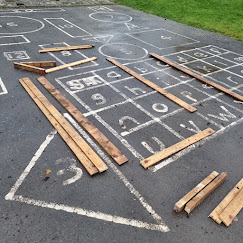
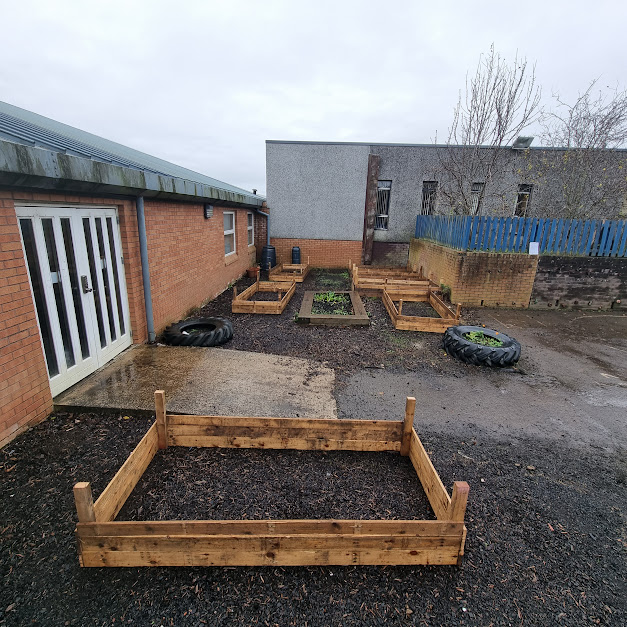
Cooking oil is used to preserve the wood; it’s non poisonous, cheap and easy to apply with a little roller.
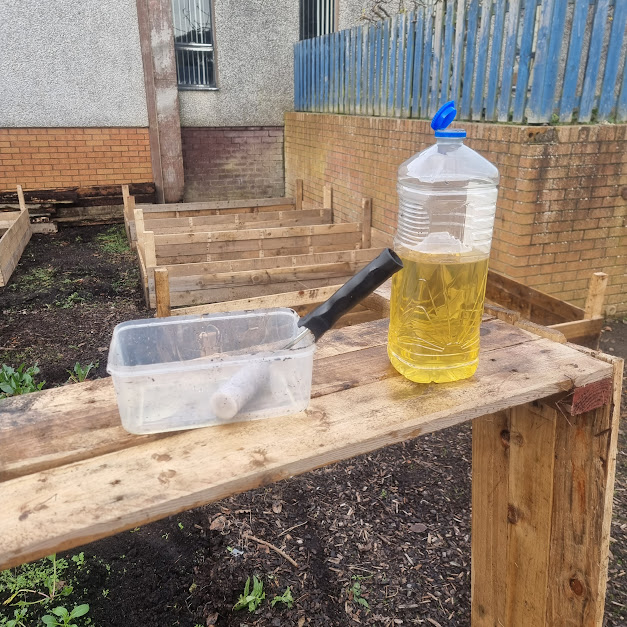
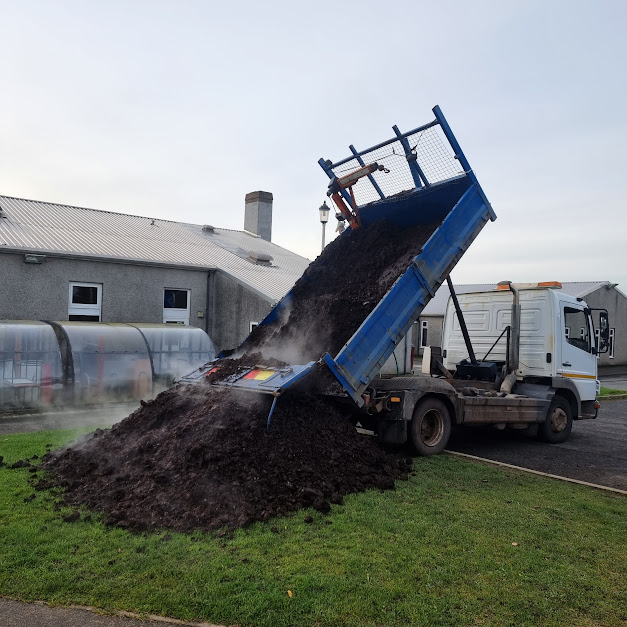
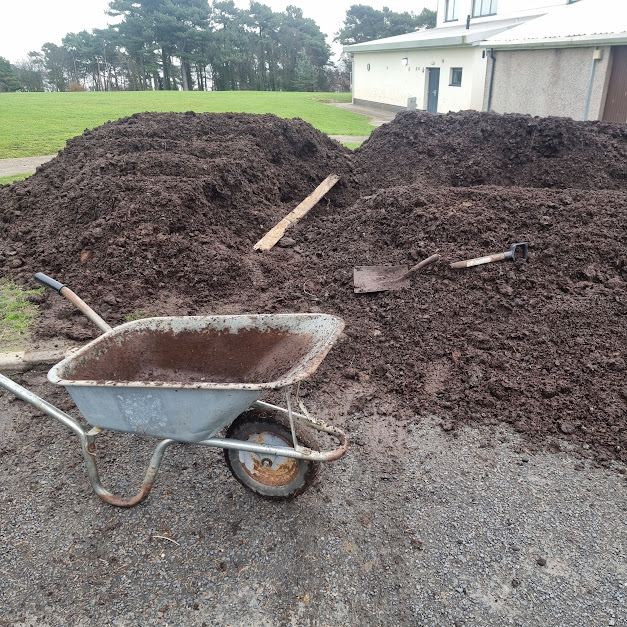
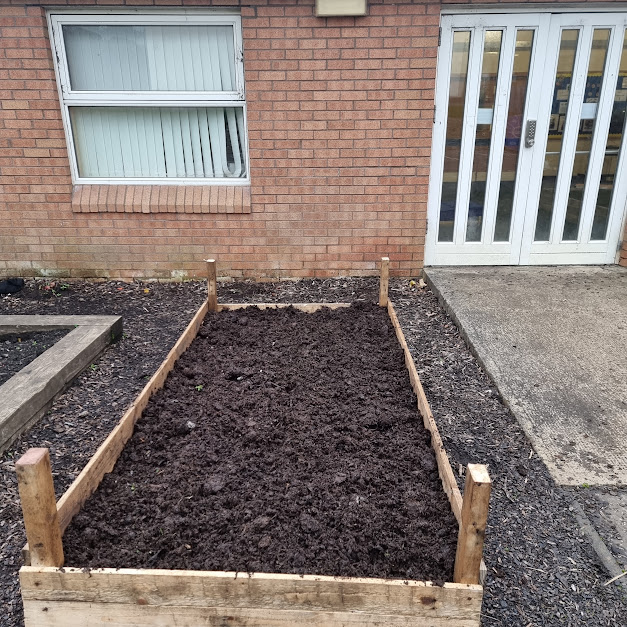
The delivery of 8 cubes of organic mushroom compost has a few glitches; the truck got stuck and the shaft of the spade broke. It should be all moved to the beds in a week or so, depending on the weather.
The children planted winter spinach, pak choi, spanish radish and lettuce and it’s November.

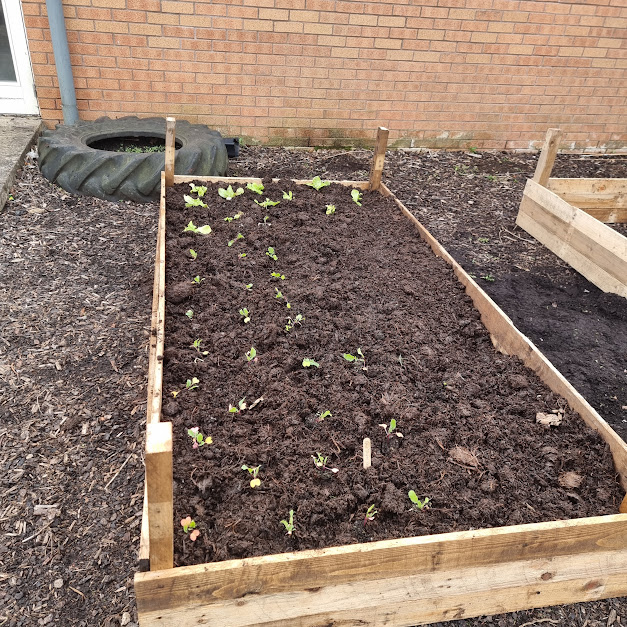
A new member of Social Enterprise Scotland

The criteria for becoming a member are clear and match the general aims of The Sanctuary Garden. There is some work we’re looking forward to, in order to become fully compliant in 2024
Making Slug Snake Oil at Carron Primary School
Demonstrated making a syrup that is diluted and sprayed or watered onto the plants. It’s genuinely effective against slugs and caterpillars and cheap and easy to make. All you need is onion, garlic and sugar. Here is the recipe link

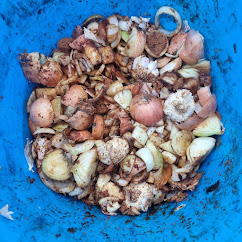
The last day of the season at Burntisland Primary School
The season started with building raised beds with children who enjoyed the process and had a great deal of satisfaction when the beds were filled with compost.
It started with two classes at a time, and then reduced to one class of 30 children to give each child more time ‘doing’, rather than standing around. Lots was planted, mostly seedlings by the children and it all grew.
On Friday the children were asked what did they enjoy.
- Planting seedlings and seeds
- Learning about how plants grow
- Tasting vegetables
- Being outside
- Four children said they did not like mud on their hands
- All the children wanted baby chicks to be brought to the school.
These are board beans planted from seed by the children that will provide beans that can be tasted and enjoyed or spat out in the garden. I hope the school can raise funds for this important project to carry on.
The Sanctuary Garden Chicks on Tour


There are a few I’ve missed and this does not count all the garden visits.
Children ask such interesting questions. My favourite was “what is a chicken’s favourite colour” My mind had red because they peck relentlessly at blood. The drinker is red so I said “red” and pointed at the drinker. Phew…
“How do you kill a chicken?”
“Do chickens really come out of an egg” I’d shown an egg as a comparison to the size of the 3 week old chick
“Can they fly?”
“Can I take one home?”
“Are you going to eat them?”
“How do you make chicken nuggets?”
“Does the rooster like another hen, when he does not like the one he’s with?” This was a 12 year old asking me (I nearly cried)
The disconnect between where food is produced and a packet of processed food, is real.
I love taking chicks to schools; I had no idea how much joy it would bring me. If you would like a visit, get in touch.
Burntisland Primary School
The children have grown produce!
The last Friday of June is the last day of term so we can expect courgettes to be marrows and pumpkins ready for Halloween!

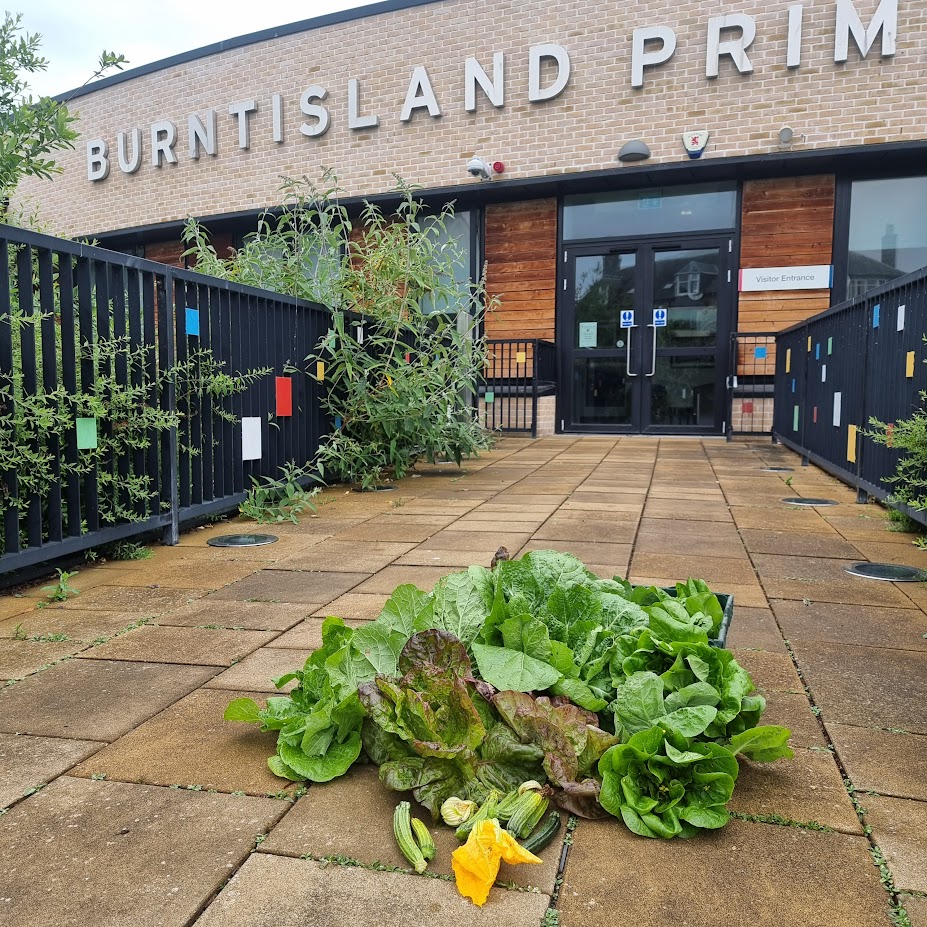

Busy in and out of the garden
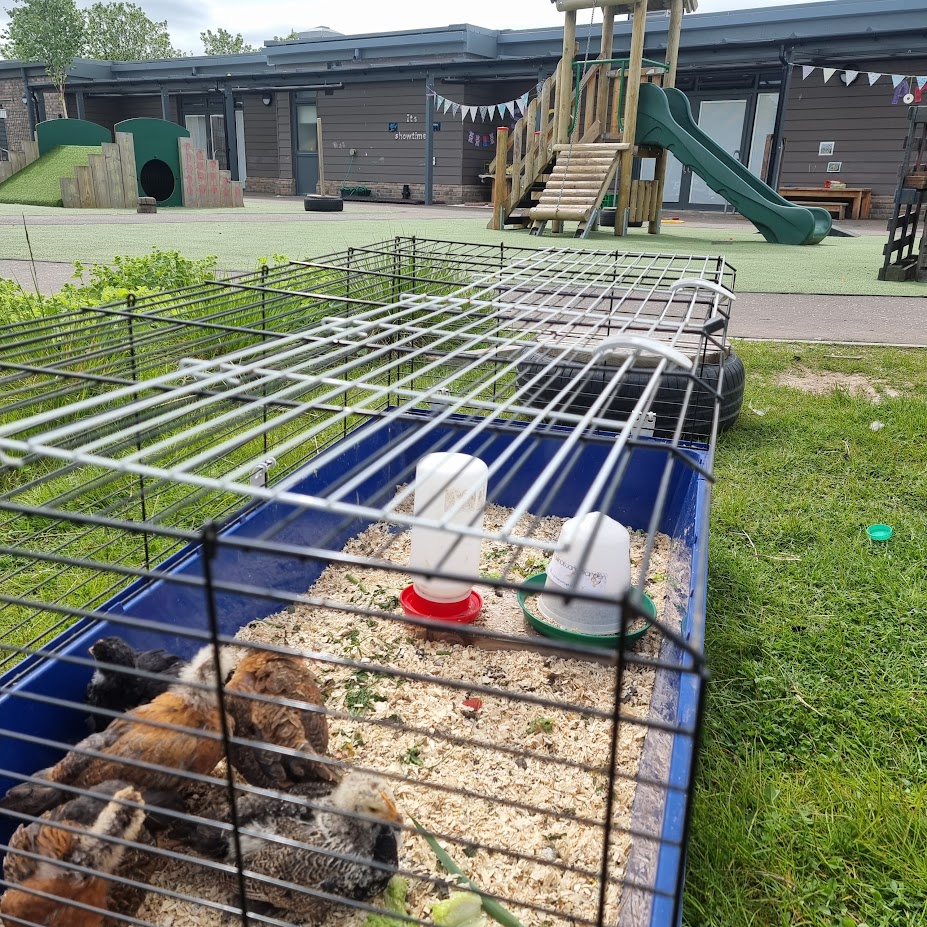
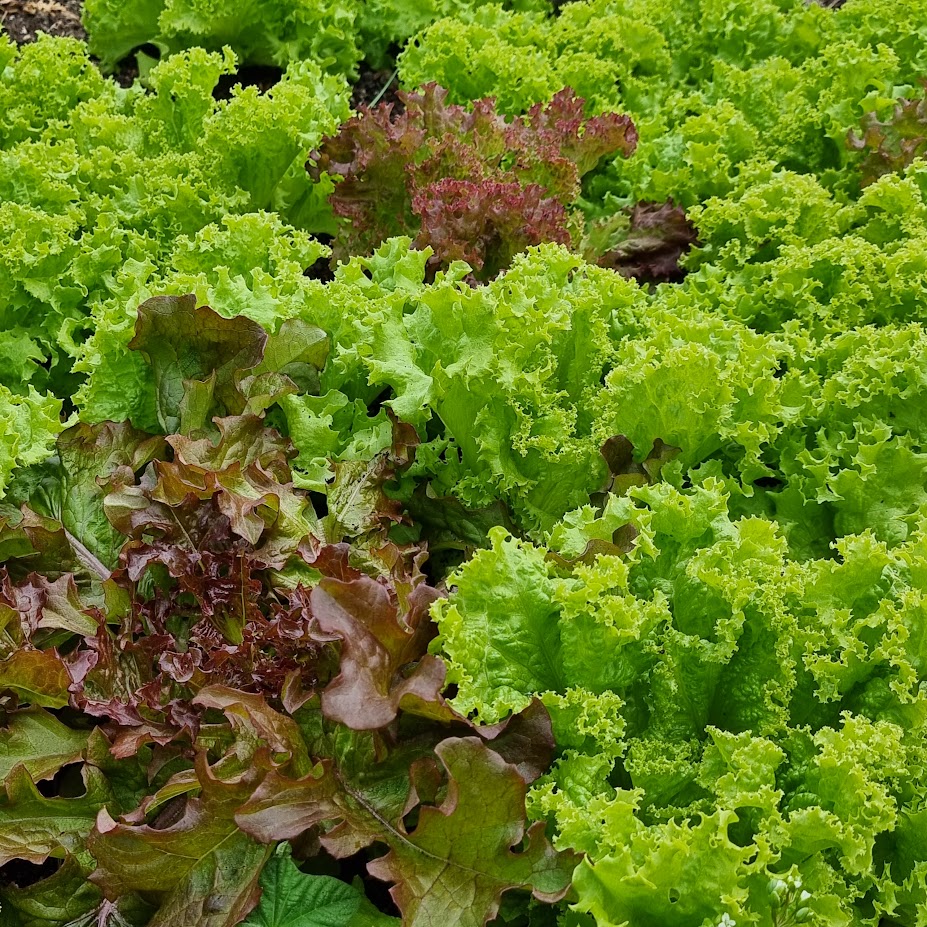

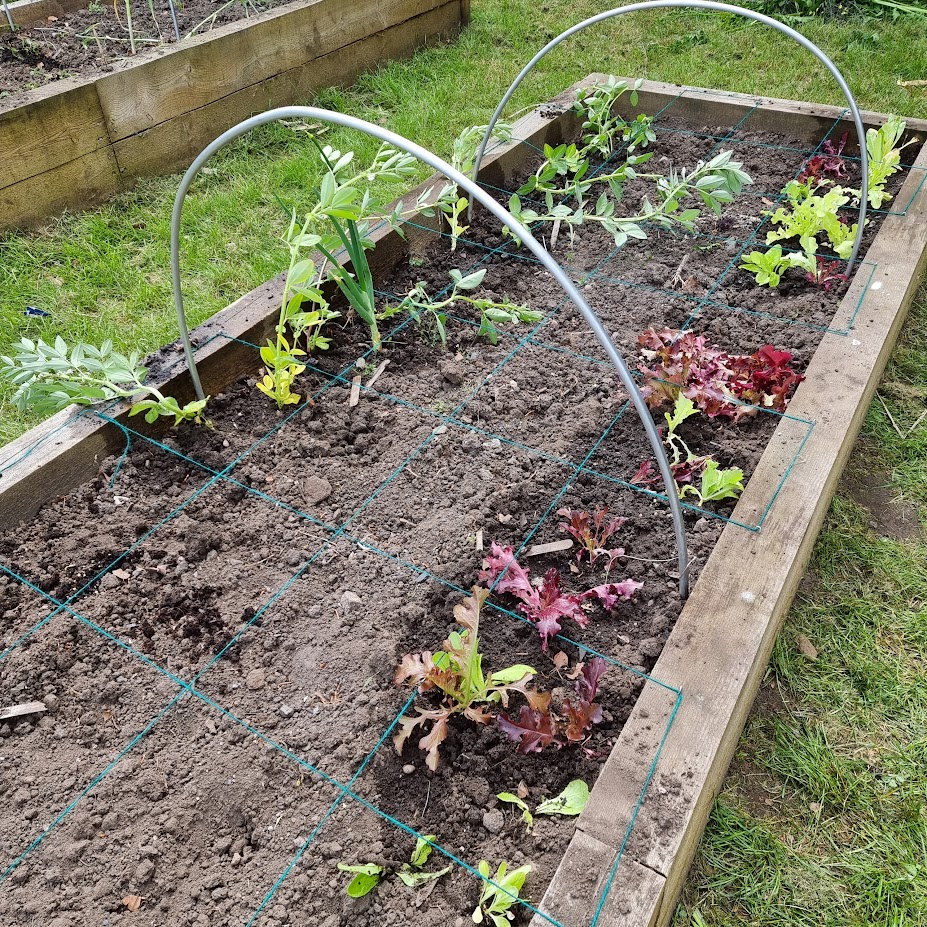
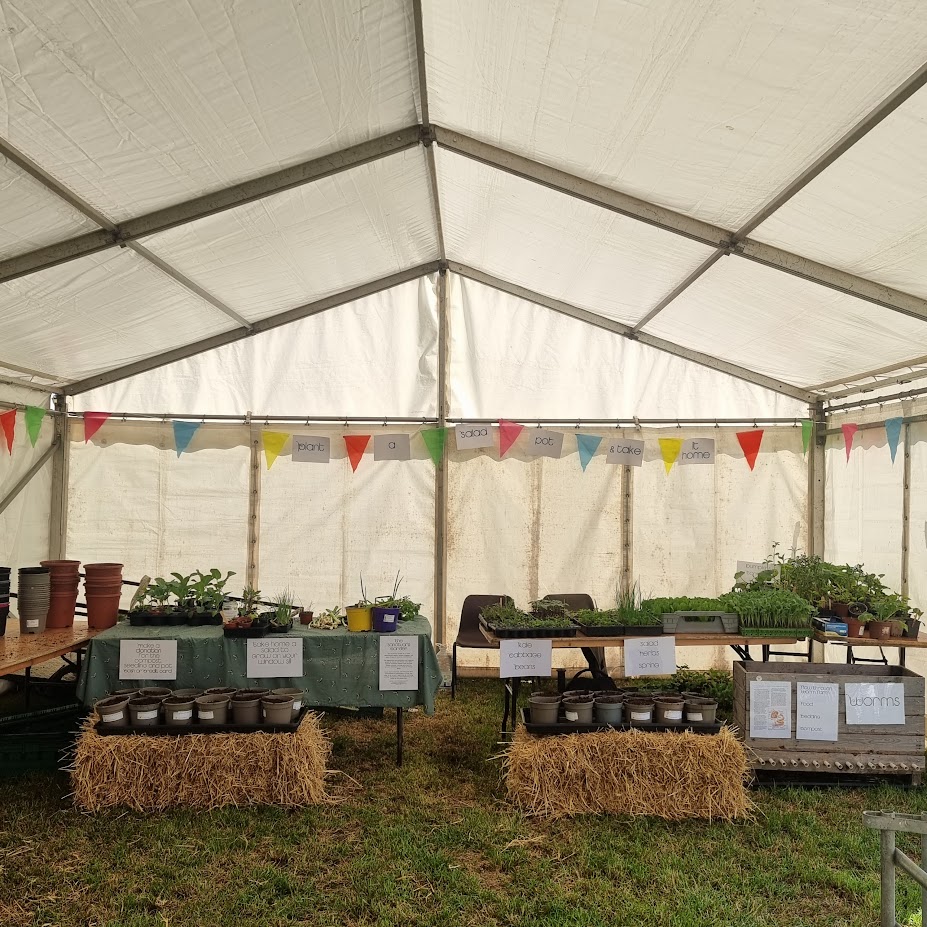
Visited Beanstalk nursery with baby chicks, lettuce is doing well in the polytunnel, Buff orpington chicks, Carron Primary School pupils planting their own seedlings and a stand at the West Fife Show with RHET (Royal Highland Educational Trust) where 100 pots of salad were planted up and taken home.
It’s a busy time of the year
If you want lots of content have a look on instagram or facebook @the.sanctuary.garden
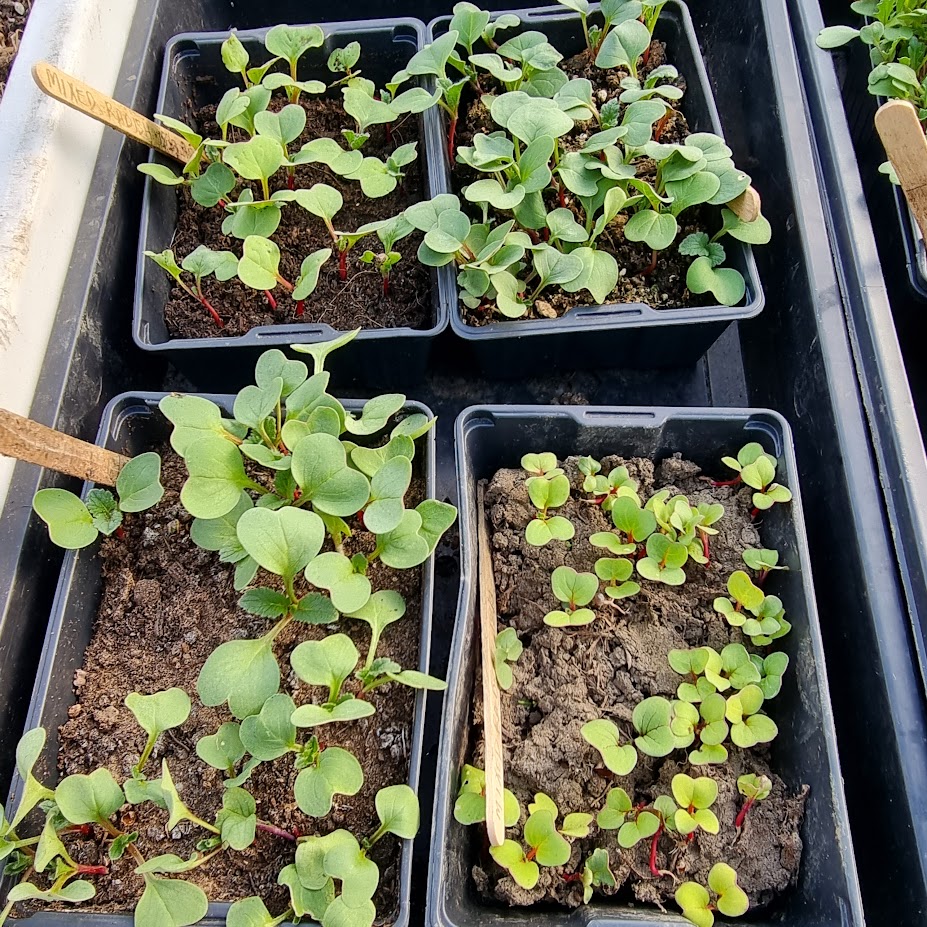

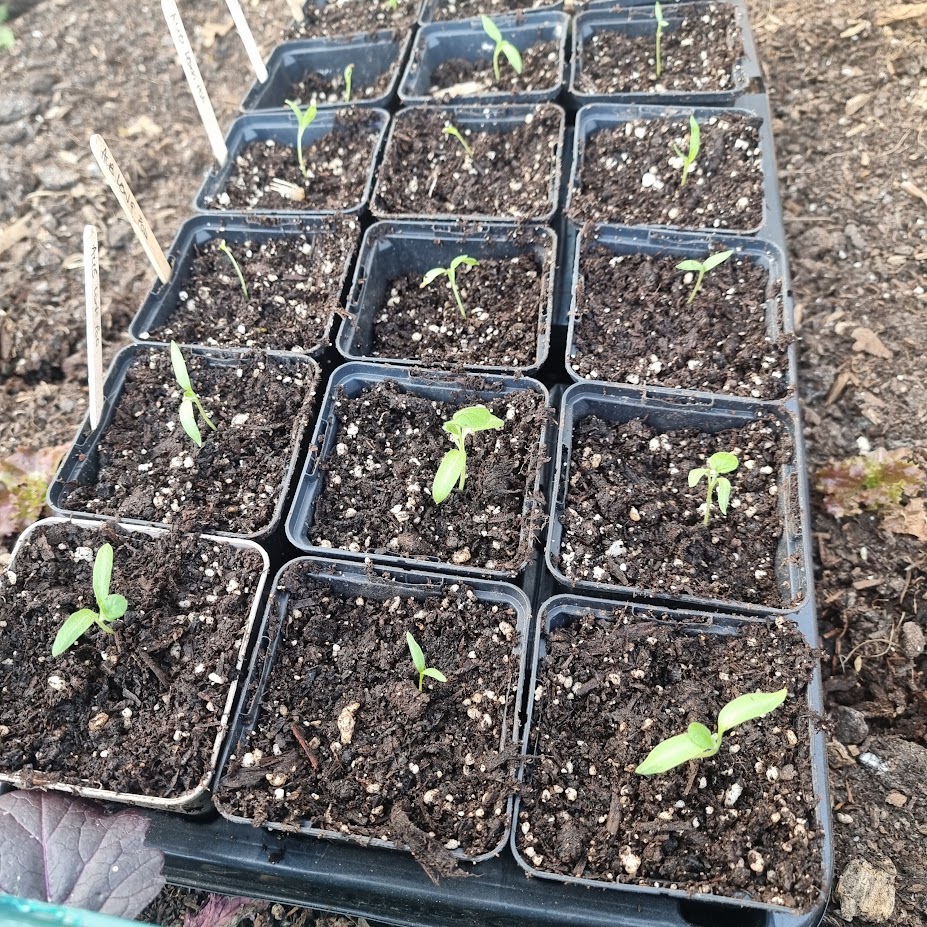
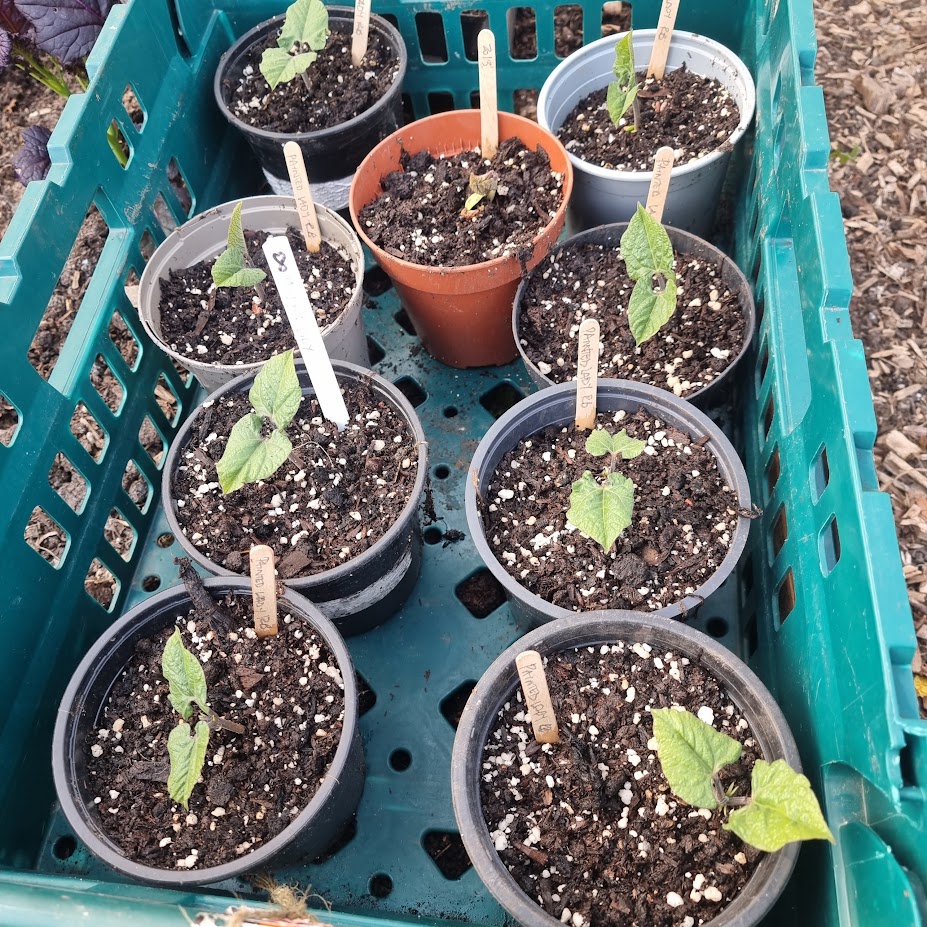
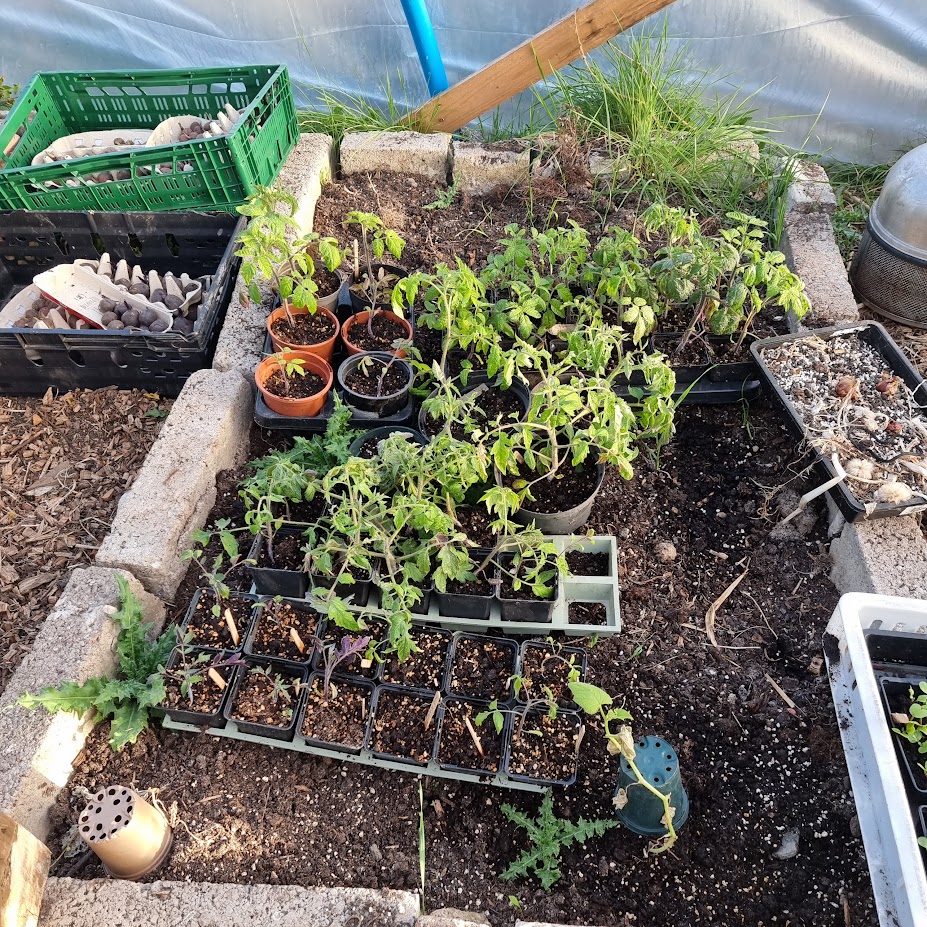
Seedings in soil and different composts, chilli flowers already, aubergines, runner beans and tomatoes


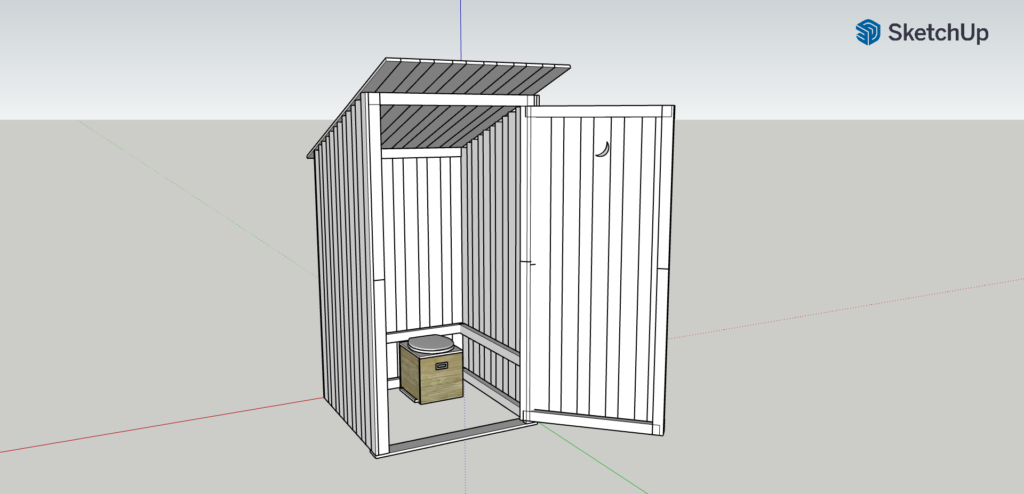
Lots of pallet projects – raised beds and a design for the new toilet, based on Shrek’s long-drop
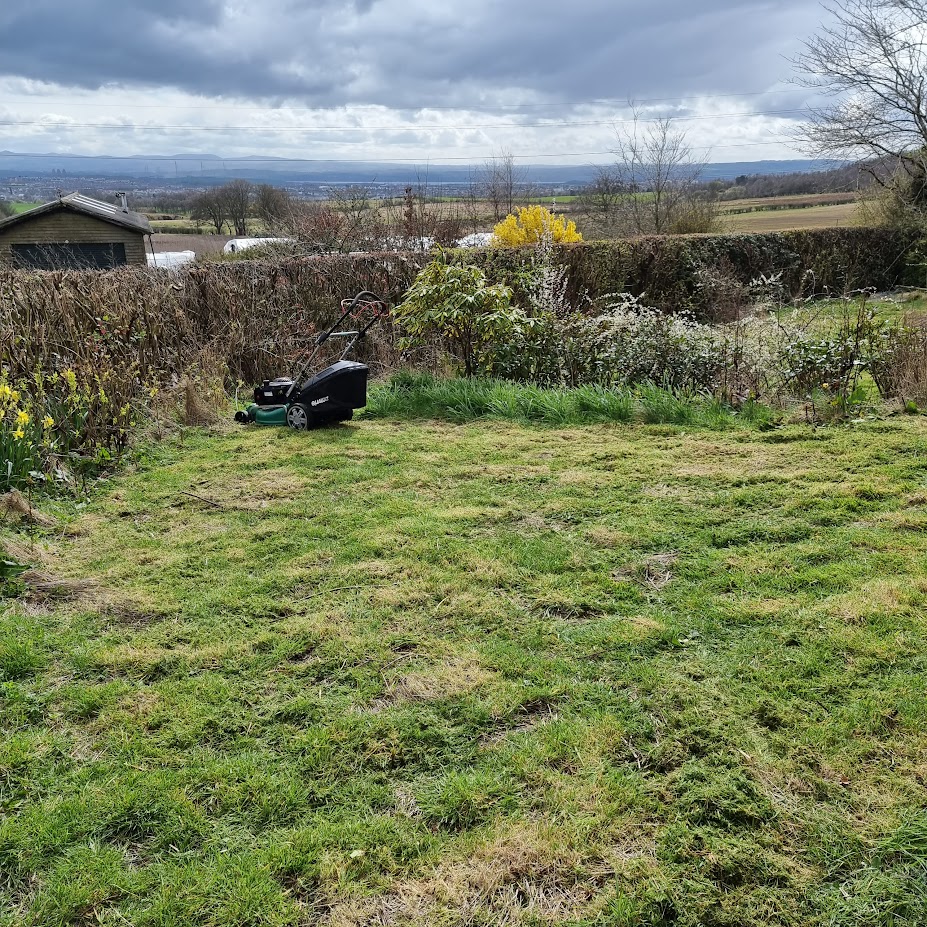
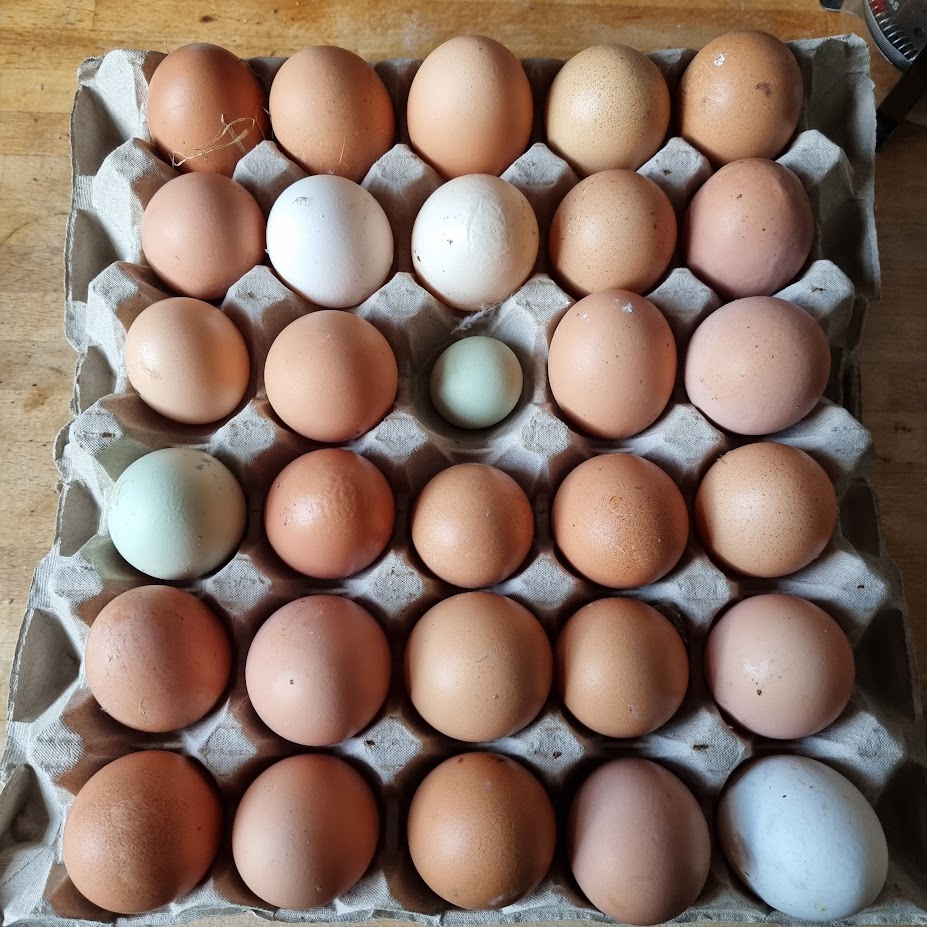
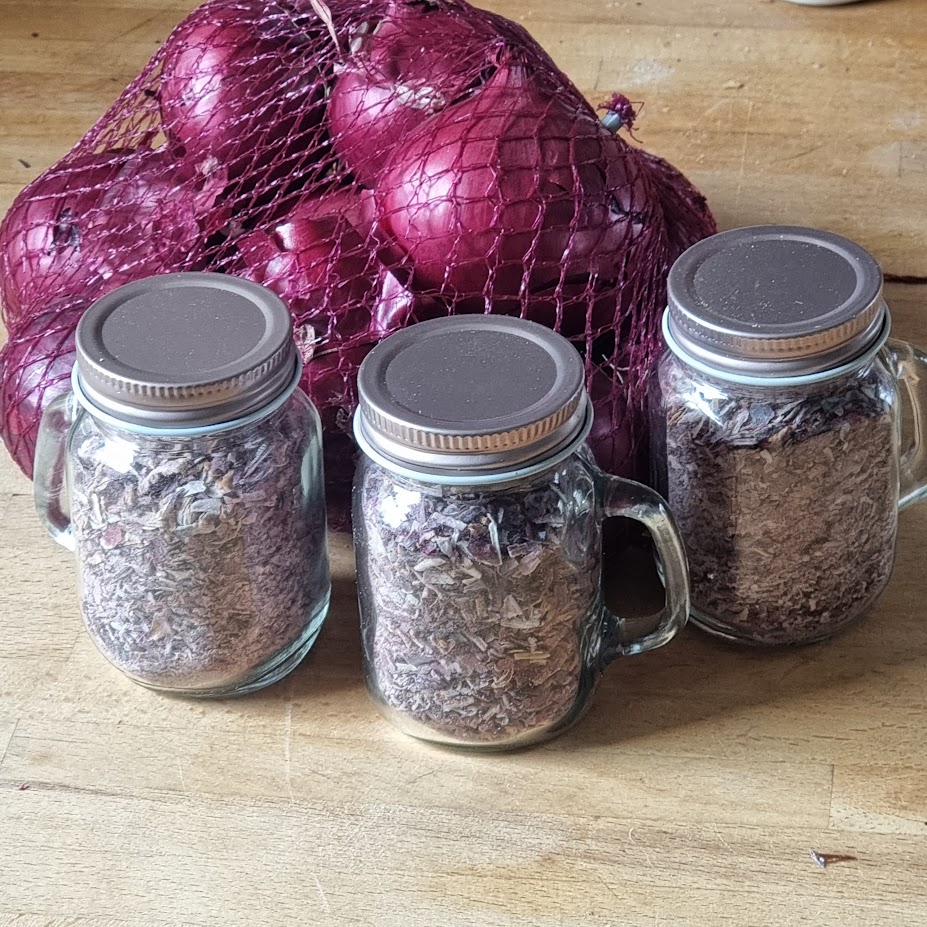
The usual chores, cutting grass, collecting eggs and dehydrating.
Rescue hens
The British hen welfare trust organised the distribution of these hens. 20 hens fitted into 7 crates and have settled into the huts and there is not much squawking and fighting. They have some feathers; it won’t take long.
Bird Flu and more hens
Just outside the DEFRA 3km circle and have 20 new rescue hens arriving this weekend

The Sanctuary Garden is the red dot in the north, Eats Rosyth, where two hens are spoiled rotten, is in the south. We need to keep an eye on the girls and make sure none of them are unwell.
We are able to get the 20 rescue hens but need to be sure to follow hygene precautions.

These runs will have a tarpaulin roof and allow the hens to have some additional space reducing the risk of spreading birdflu
